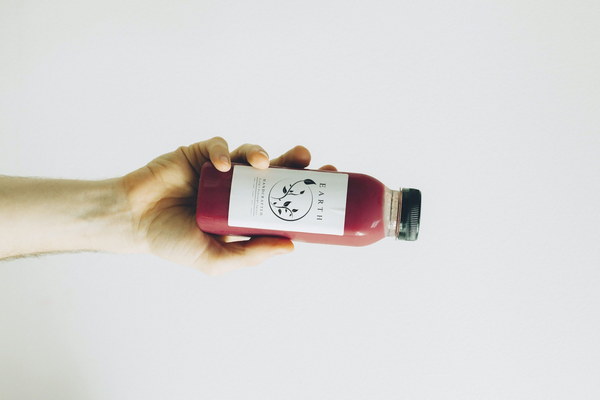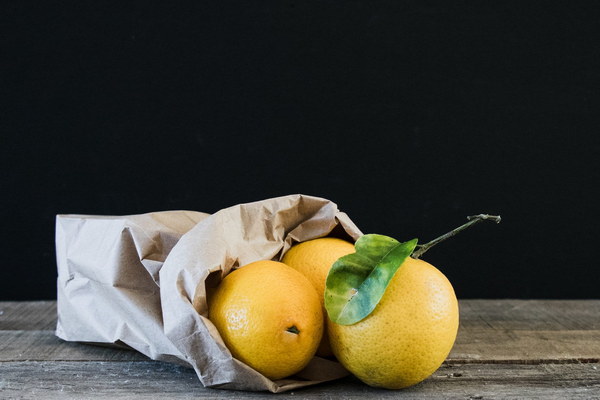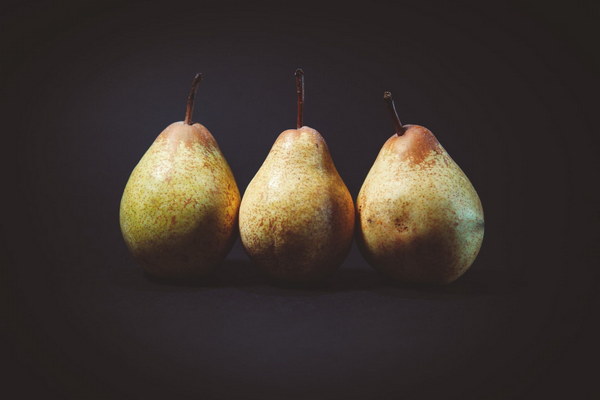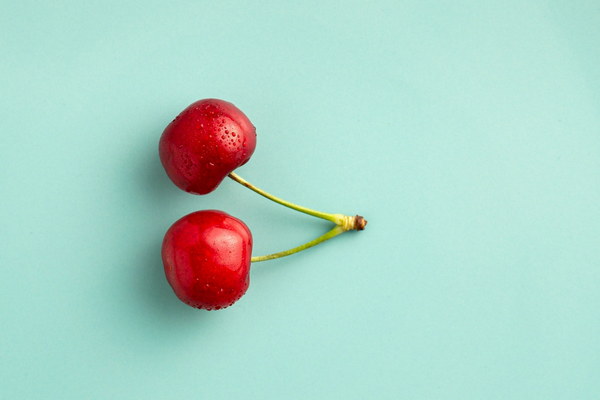Navigating Damp-Phlegm Constitution Traditional Chinese Medicine Approaches to Moisture Removal in Beijing
In the heart of Beijing, where the ancient meets the modern, traditional Chinese medicine (TCM) continues to flourish, offering a unique approach to wellness and health. One of the most common constitutional imbalances in TCM is the Damp-Phlegm Constitution, which manifests in various symptoms such as fatigue, weight gain, and water retention. This article delves into the essence of Damp-Phlegm Constitution, its symptoms, and the TCM practices in Beijing that specialize in its treatment.
Understanding Damp-Phlegm Constitution
The Damp-Phlegm Constitution is a condition where excess dampness and phlegm accumulate in the body, often due to a combination of environmental factors and lifestyle choices. Dampness is associated with excess moisture in the body, which can lead to phlegm production. This constitution can be inherited, or it can develop over time due to diet, stress, and exposure to cold or damp environments.
Symptoms of Damp-Phlegm Constitution
The symptoms of Damp-Phlegm Constitution can vary widely, but some common indicators include:
1. Fatigue and lack of energy
2. Weight gain, especially around the abdomen
3. Swelling, particularly in the legs and feet
4. Poor digestion and bloating
5. Mucus production, both in the nose and throat

6. Frequent colds and sinus infections
7. Mental fog and difficulty concentrating
Traditional Chinese Medicine Approaches in Beijing
Beijing, with its rich heritage in TCM, offers a plethora of options for those looking to address Damp-Phlegm Constitution. Here are some of the most popular treatment methods:
1. Acupuncture: This ancient practice involves inserting fine needles into specific points on the body to stimulate the flow of Qi (vital energy) and remove excess dampness. Acupuncturists in Beijing are well-versed in treating Damp-Phlegm Constitution and can tailor treatments to individual needs.
2. Herbs: TCM herbal medicine is a cornerstone of treatment for Damp-Phlegm Constitution. Herbs are prescribed in combinations that help to drain dampness, transform phlegm, and strengthen the body's overall constitution. Renowned Beijing pharmacies offer a wide range of high-quality herbs, often with expert guidance from TCM practitioners.
3. Diet: A diet that supports the elimination of dampness is crucial. Foods that are warm and drying are encouraged, such as ginger, garlic, and onions. On the other hand, foods that are cold, damp, or heavy, like dairy, sugar, and wheat, are best avoided. A TCM dietitian in Beijing can provide personalized dietary advice.
4. Tai Chi and Qigong: These gentle forms of exercise help to increase the flow of Qi and promote the movement of lymphatic fluid, which can aid in removing dampness. Beijing offers numerous classes in Tai Chi and Qigong, making it easy to integrate these practices into daily life.
5. Cupping: This technique involves placing cups on the skin, which creates suction to draw out toxins and stimulate circulation. Cupping is often used to address Damp-Phlegm Constitution, especially in areas where there is swelling or congestion.
Conclusion
In the bustling city of Beijing, traditional Chinese medicine provides a holistic approach to treating Damp-Phlegm Constitution. By combining acupuncture, herbal medicine, diet, exercise, and other modalities, individuals can effectively manage their symptoms and improve their overall well-being. As more people turn to TCM for a natural and personalized form of healthcare, Beijing's TCM practitioners continue to offer a beacon of hope for those seeking relief from the challenges of Damp-Phlegm Constitution.









